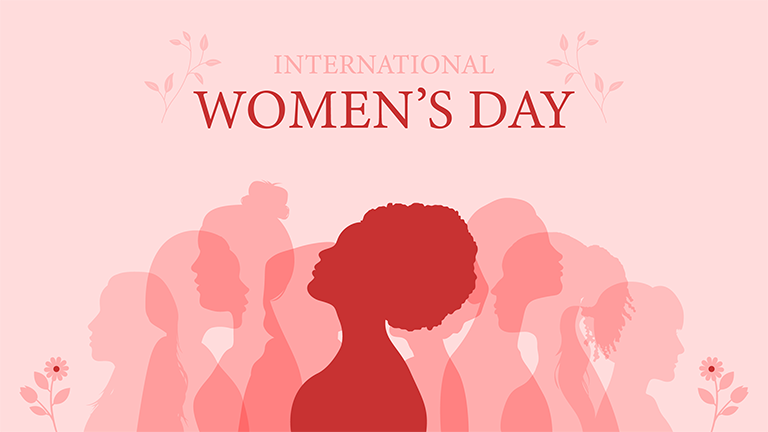We were created for community. From God forming Eve for Adam to Jesus surrounding Himself with twelve disciples, Scripture reminds us that we’re not meant to walk through life alone. When we find ourselves in the depths of despair, community becomes our lifeline—lifting, encouraging, and restoring us. As Galatians 6:2 [ESV] reminds us, “Bear one another’s burdens, and so fulfill the law of Christ.”
Yet even as we care for others, we must also care for ourselves. Caregiver burnout occurs when the emotional, physical, and mental demands of caring for another become overwhelming. It’s especially common among those supporting aging parents, chronically ill loved ones, or individuals with disabilities.
Burnout is a state of emotional, physical, and mental exhaustion caused by prolonged or excessive stress. It isn’t just “being tired”—it’s a state of deep exhaustion that can numb emotions and steal joy from the people and activities that once brought life. Left unaddressed, burnout can impact your health, relationships, productivity, and spiritual well-being.
Burnout symptoms
If you’re a caregiver, it’s essential to pause regularly and check in with yourself—because you can’t pour from an empty cup.
Common signs of burnout include:
- Feeling drained or emotionally numb
- Heightened anxiety, irritability, or hopelessness
- Detachment from relationships, hobbies, or faith
- Persistent fatigue, even after resting
- Frequent illness, headaches, or muscle tension
- Withdrawal or isolation
- Brain fog, procrastination, lack of attention to detail, or struggling to complete tasks
Healing from burnout
If you’ve found yourself caught in the cycle of burnout, you’re not alone—and you’re not weak. Being a caregiver doesn’t mean being invincible. Needing help and rest doesn’t make you a failure; it makes you human.
When God established the Sabbath, He showed us the importance of spiritual, physical, and emotional rest.
Here’s how to prevent and recover from caregiver burnout:
- Be honest about your limits: Taking breaks isn’t selfish—it’s necessary. Release guilt and give yourself permission to rest.
- Stay physically healthy: Consistent sleep, nutrition, and gentle activity support your resilience. Physical exhaustion amplifies emotional strain.
- Share responsibilities: You are not meant to carry every burden alone. Embrace community even as you provide it—isolation worsens burnout.
- Nourish your spirit: Prayer, journaling, and worship restore peace and clarity. Seeking professional guidance can also help process guilt or grief.
Above all, lean on God’s presence. He is your strength, your refuge, and your peace.
“Come to me, all you who are weary and burdened, and I will give you rest. Take my yoke upon you and learn from me, for I am gentle and humble in heart, and you will find rest for your souls.” – Matthew 11:28-30 [NIV]




